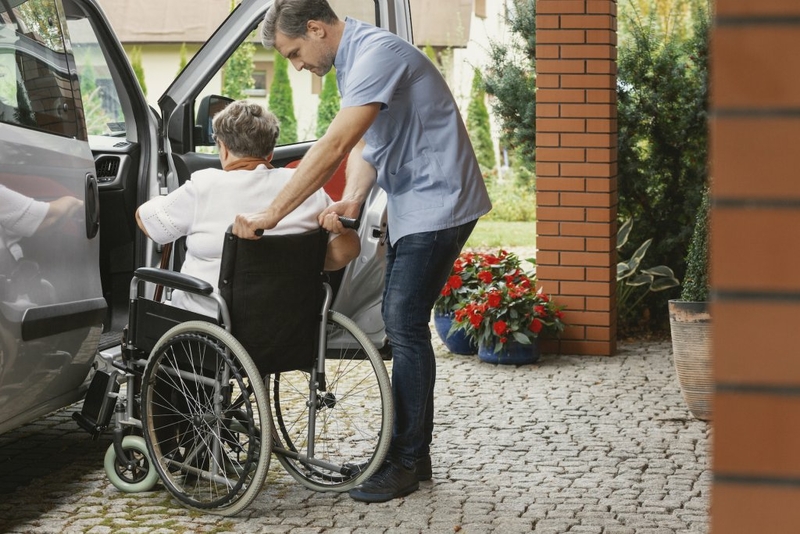Kansas rehab patients sent to nursing homes because of attendant care shortages

TOPEKA —Medical professionals say patients are being sent from rehabilitation services to nursing homes because of a shortage of medical support workers in Kansas.
Janet Williams, CEO of Mind Matters, a brain injury rehabilitation organization, said health care providers are recommending people go from rehab to nursing homes because of a lack of available care. Williams said she knew of seven cases personally, including one 19-year-old who was struggling to find attendant care.
“We are going backward,” Williams said in testimony submitted this week to the Robert G. Bethell Joint Committee on Home and Community Based Services and KanCare Oversight, asking legislators to increase incentives for health care workers.
Nursing homes also are struggling to fill staff positions.
In June of 2022 there were around 1,650 fewer beds available than there were at the start of the pandemic, with 35 nursing homes and residential care facilities experiencing partial or complete closure according to a LeadingAge Kansas report.
The report found that full-time staffing and hours in nursing and residential care had decreased by 10% and 15% respectively since the start of the COVID-19 pandemic.
“There continues to be a crisis in attendant care, aka direct support professionals, in Kansas,” Williams said. “The cost of people not having attendant care is far higher than addressing this crisis. It is not going to magically change. I urge you to create a commission or committee to solve the problem. We don’t need a study, we need solutions.”
To address statewide health care shortages, Gov. Laura Kelly’s administration started plans in April to create more funding for full-time and part-time care workers. The Kansas Department for Aging and Disability Services planned to give bonuses to 18,000 full-time and 10,000 part-time care workers in Kansas using federal COVID-19 relief funding.
The bonus payments are supposed to be completed by March 30, 2023, with a goal of giving out 24,000 bonuses, with a limit of $2,000 per person.








